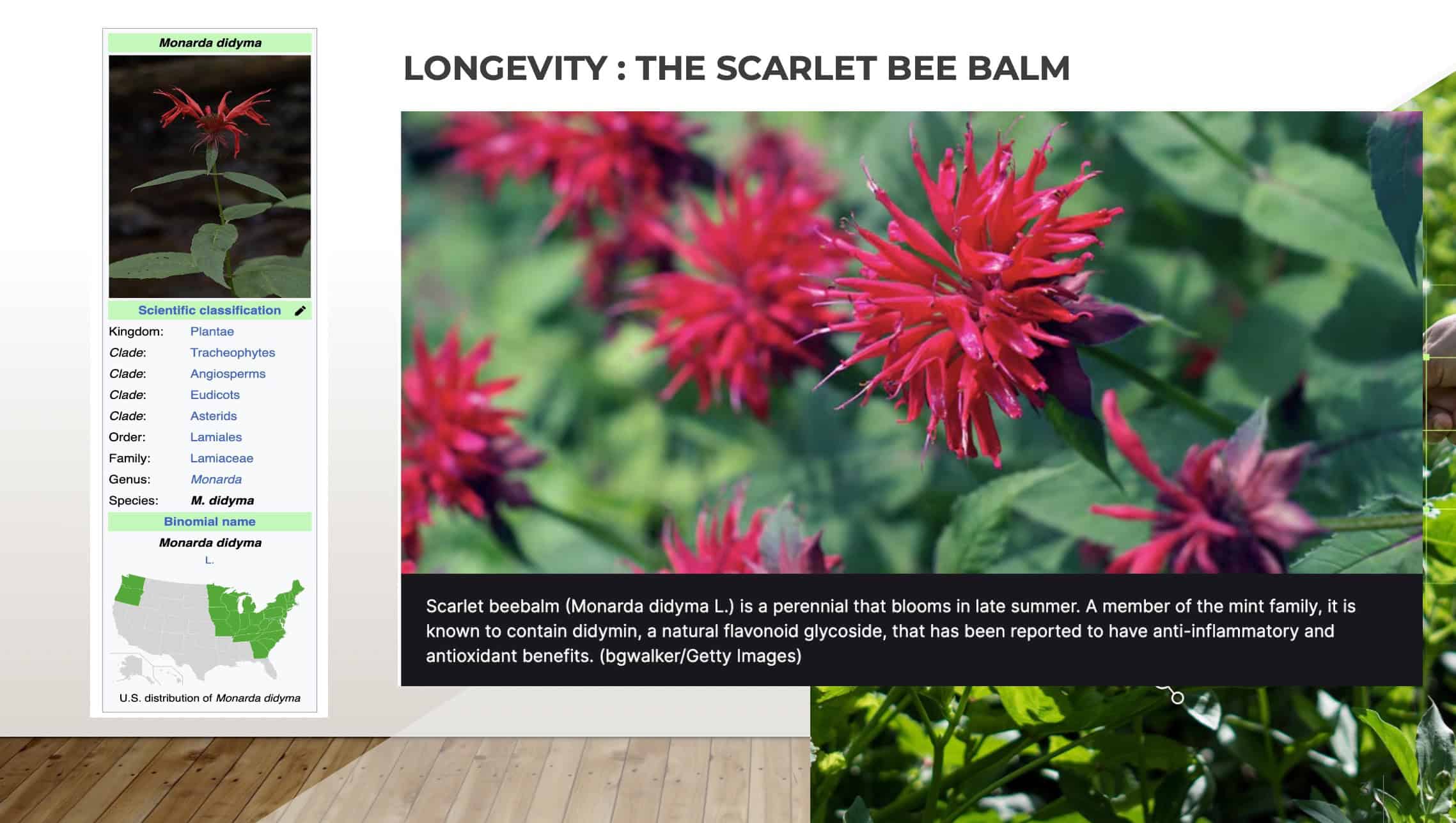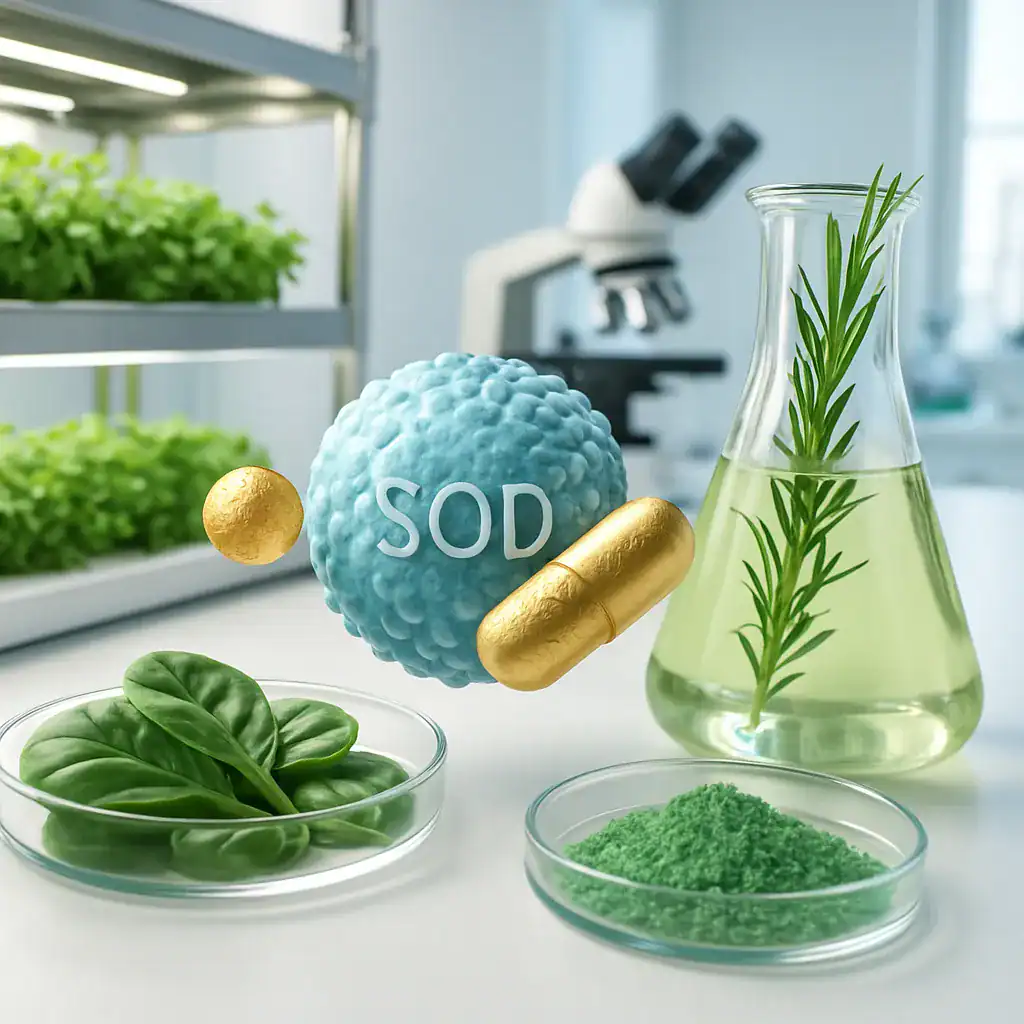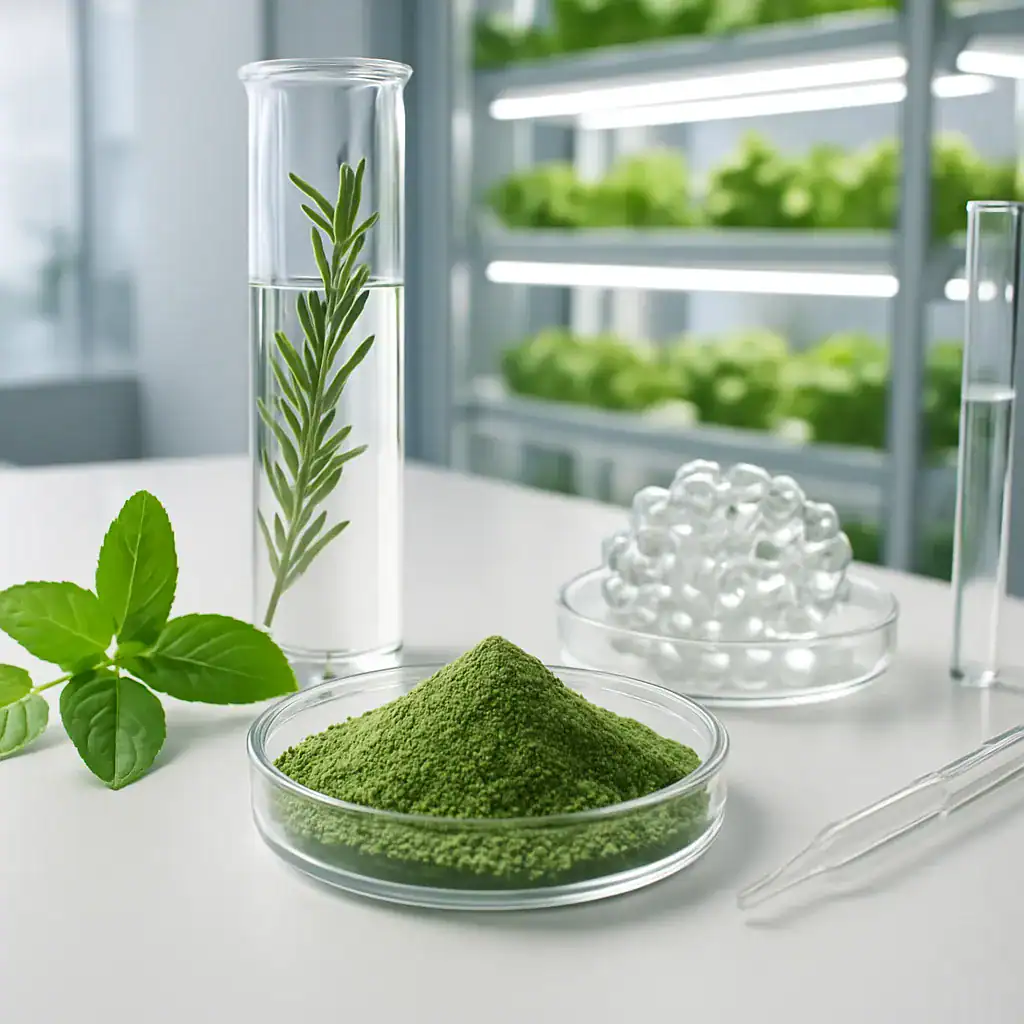Nickel Allergies? Here’s Why Nickel-Free Herbal Extracts Matter
What Is Residue-Free Agriculture and Why It Matters
Residue-free agriculture represents an innovative approach to food production that aligns perfectly with PhNóva’s commitment to natural, high-quality raw materials. But what exactly does “residue-free” mean in agricultural terms? This practice focuses on cultivating crops without leaving harmful chemical residues in the final product, soil, or surrounding environment.
You might have noticed more of your clients asking about “clean” foods lately. That’s because residue-free agriculture addresses growing concerns about conventional farming methods that rely heavily on synthetic pesticides, herbicides, and fertilizers. These chemicals often leave residues on harvested crops that may accumulate in the human body over time.
But have you ever considered that residue-free agriculture goes beyond just human health? This approach protects soil biodiversity, water systems, and beneficial organisms that support plant growth naturally. For nutritionists and dietitians, recommending foods from residue-free sources means offering clients a double benefit: potentially higher nutrient density and reduced exposure to potentially harmful substances.
That’s clear—but the implications for nutraceutical quality are even more significant. When companies like PhNóva source botanicals from residue-free agricultural systems, they ensure that the bioactive compounds maintain their natural integrity without interference from chemical residues that could alter their efficacy or safety profile.
Advanced Technologies Enabling Residue-Free Cultivation
Health Benefits and Applications in Nutraceuticals
Superior Bioactive Compound Profiles in Residue-Free Plants
You’ve undoubtedly noticed the difference in flavor between conventionally grown produce and those from organic or residue-free systems. That taste difference reflects something profound happening at the phytochemical level. In residue-free agriculture, plants develop more robust defense mechanisms and secondary metabolites when they must rely on their natural resilience rather than chemical protections.
These enhanced phytochemical profiles translate directly to PhNóva’s nutraceutical ingredients. For instance, the Superoxide Dismutase (SOD) derived from residue-free cultivation contains optimal enzyme activity because the plants produce more of this protective compound naturally. When you recommend supplements containing SOD to clients concerned about oxidative stress, those sourced from residue-free agriculture may offer superior efficacy.
That’s clear—but have you considered how chemical residues might interfere with the delicate exosome structures that PhNóva specializes in? These natural nanocarriers can be compromised by even trace amounts of agricultural chemicals, potentially reducing their effectiveness as delivery systems for bioactive compounds. Residue-free agriculture ensures these sophisticated biological structures remain intact and functional.
Enhanced Safety Profile for Sensitive Populations
Many of your clients likely fall into categories requiring special consideration: those with multiple chemical sensitivities, autoimmune conditions, or compromised detoxification pathways. For these individuals, even legally permitted residue levels in conventional products may trigger adverse reactions or place additional burden on their already-challenged systems.
PhNóva’s commitment to residue-free raw materials addresses these concerns directly. By eliminating chemical inputs from the agricultural process, the final nutraceutical products contain only the intended bioactive compounds without potentially problematic chemical residues. This makes them particularly suitable for your most sensitive clients.
But there’s an even more compelling reason to consider residue-free sources: the potential for synergistic negative effects when multiple residues are present simultaneously. While regulatory limits examine chemicals individually, your clients rarely consume just one product or compound. Residue-free agriculture eliminates this concern entirely, supporting PhNóva’s mission to provide the purest, most effective nutraceutical solutions possible.
Our Key Areas of Expertise

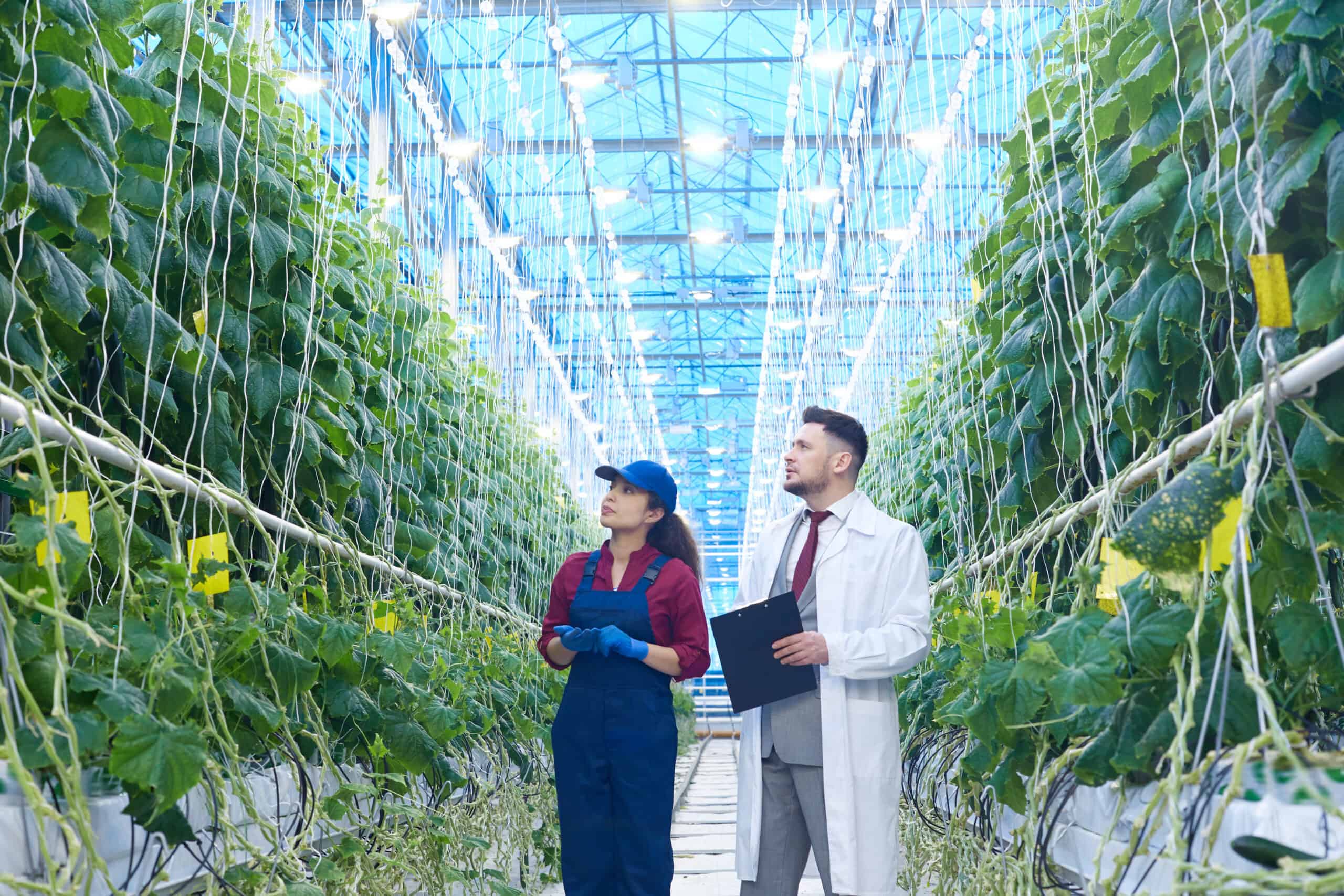
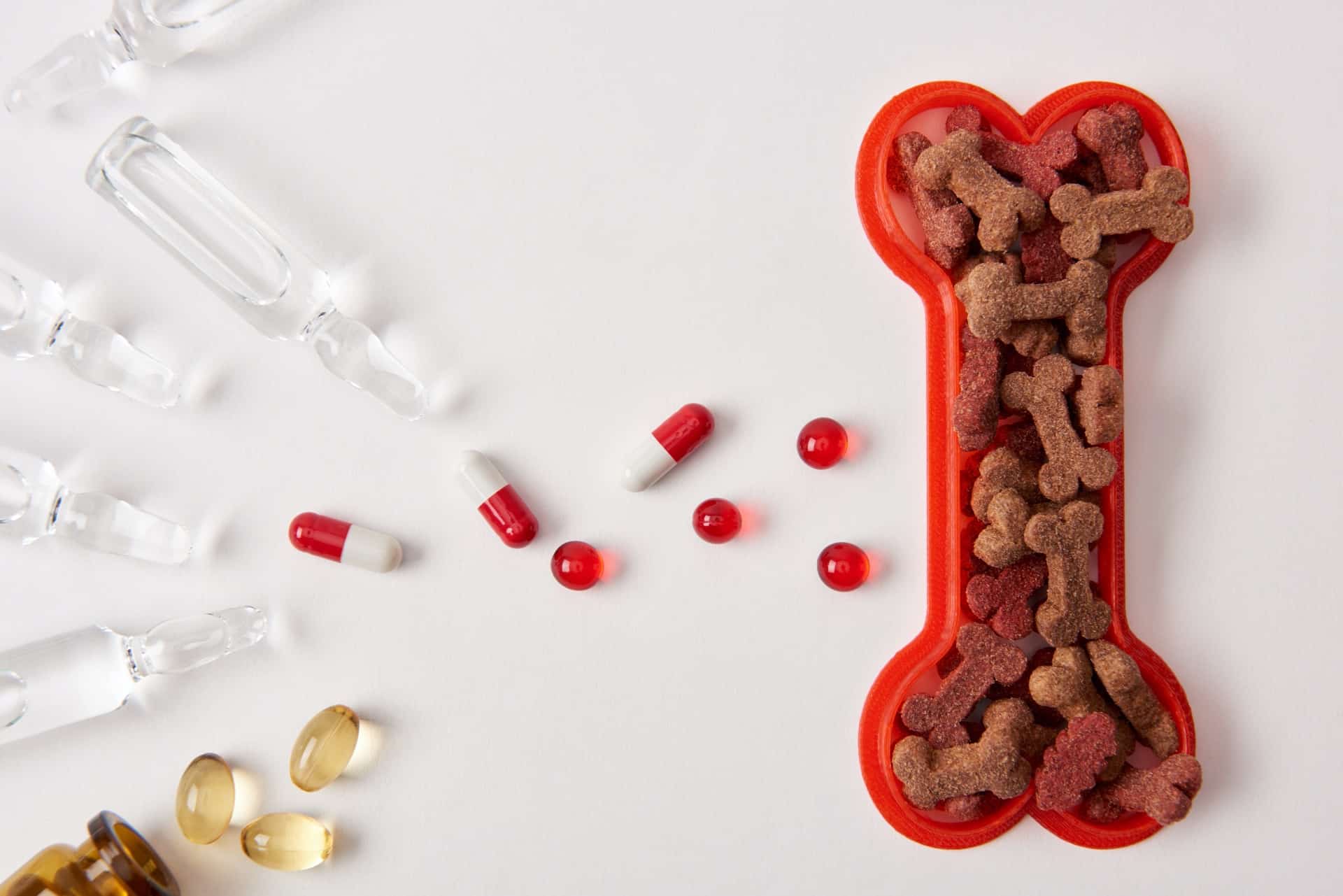
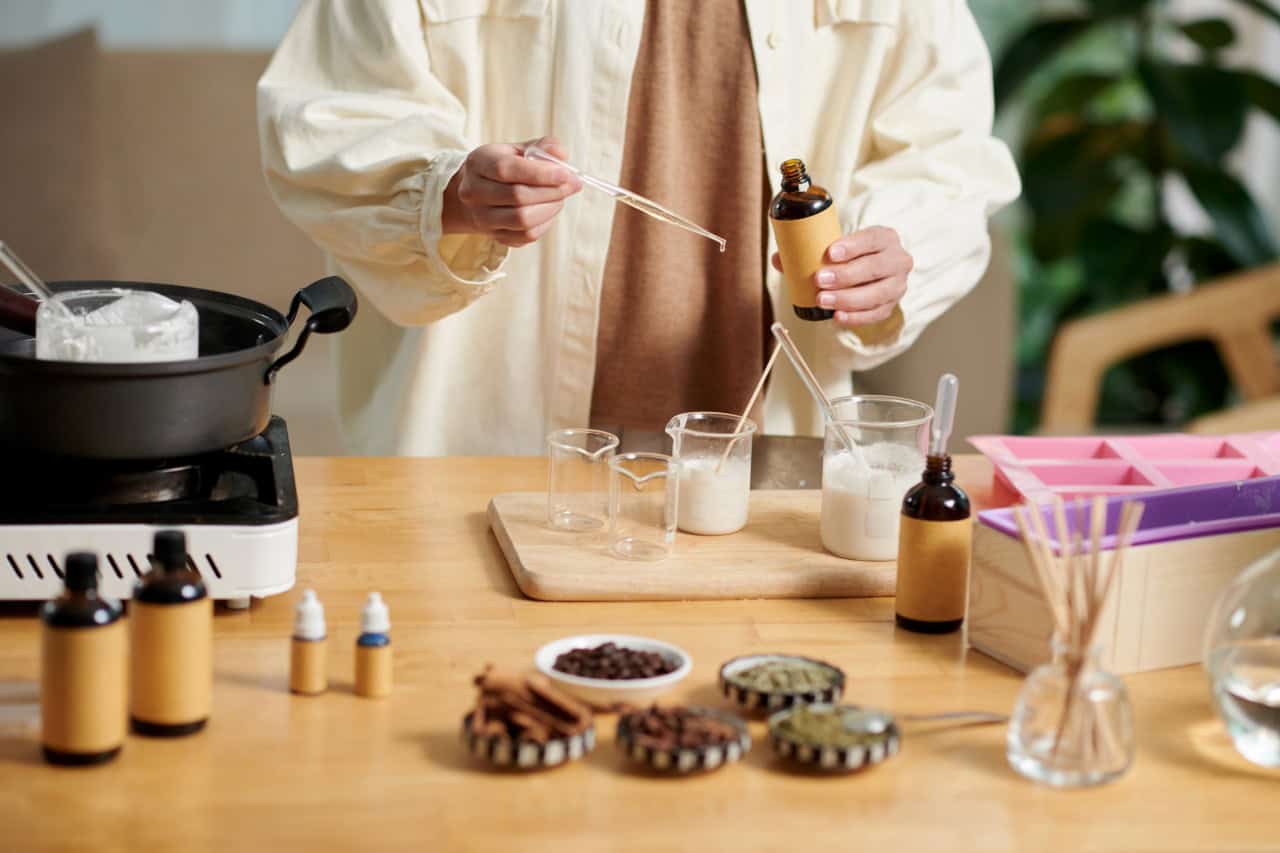
Residue-Free Agriculture in the Nutraceutical Supply Chain
The Interconnected Journey from Soil to Supplement
Residue-free agriculture doesn’t exist in isolation—it represents the crucial first link in a chain of production processes that ultimately determine the quality, safety, and efficacy of nutraceutical products. When you choose supplements or recommend them to clients, understanding this interconnection can help you make more informed decisions about product quality.
The journey begins with the soil. In residue-free farming, the absence of synthetic pesticides and fertilizers creates a living soil ecosystem teeming with beneficial microorganisms. These microbes form symbiotic relationships with plant roots, enhancing nutrient uptake and strengthening natural plant defenses. This microbiome-friendly approach aligns perfectly with emerging research on how soil health directly impacts the human microbiome through the foods we consume.
For PhNóva’s Vertical Farming Botanics, this soil-plant relationship is carefully translated into soilless systems that maintain or even enhance these beneficial interactions while eliminating contaminants. The result? Raw materials with optimal phytonutrient profiles and no unwanted chemical baggage that might interfere with subsequent production processes.
Extraction Integrity: How Residue-Free Starting Materials Transform Processing
When botanical materials arrive at processing facilities free from agricultural chemical residues, the entire extraction workflow benefits in several critical ways:
- Clean extraction processes can operate without the need to remove or account for pesticide residues
- Solvent selection can prioritize bioactive preservation rather than contaminant removal
- Heat treatments can be minimized, protecting thermally sensitive compounds
- Filtration steps can focus on clarification rather than detoxification
These advantages create a compounding effect throughout the production chain. For example, PhNóva’s Superoxide Dismutase (SOD) extraction from residue-free plant sources preserves the delicate enzyme structure that might otherwise be compromised when harsh processing is needed to remove agricultural chemicals.
The extraction phase represents a vulnerable point where powerful solvents could potentially concentrate not just desired compounds but also any residual contaminants. Starting with residue-free agricultural inputs eliminates this risk entirely, allowing PhNóva to maintain its commitment to products that are “100% natural, free from chemicals and additives.”
Nanodelivery Systems: Why Chemical Purity Matters at the Microscopic Level
PhNóva’s pioneering work with plant-derived exosomes and nanodelivery systems demonstrates perhaps the most compelling reason why residue-free agriculture matters throughout the production chain. These sophisticated biological structures operate at a scale where even parts-per-billion contaminants can impact function.
Exosome integrity depends on pristine starting materials. These natural nanocarriers—tiny membrane-bound vesicles that plants produce—can be compromised by agricultural chemicals that alter membrane fluidity or protein structures. When you examine the requirements for PhNóva’s Exosomes-Nutra product line, the need for residue-free agricultural inputs becomes evident:
| Production Stage | Impact of Residue-Free Agriculture |
|---|---|
| Biomass cultivation | Ensures exosome membranes develop without chemical interference |
| Isolation process | Eliminates need for aggressive purification that could damage exosomes |
| Stability testing | Provides consistent baseline without variable contaminants |
| Bioavailability studies | Prevents false positives/negatives from chemical interactions |
| Final formulation | Ensures compatibility with other ingredients without residue interference |
These natural nanocarriers enhance bioactive delivery precisely because they maintain their biological integrity—a quality that depends directly on residue-free agricultural practices at the very beginning of the production chain.
Sensory Experience: The Unexpected Connection Between Residue-Free Agriculture and Product Acceptance
While the functional benefits of residue-free agriculture are substantial, there’s another crucial connection that affects product success: the sensory experience. PhNóva’s Aroma Neutra & Food range addresses taste challenges in nutraceutical formulations, but the task becomes significantly easier when starting materials come from residue-free sources.
Many agricultural chemicals impart subtle yet persistent off-flavors that conventional masking agents struggle to fully neutralize. When you taste a supplement and notice a lingering metallic or chemical note, you’re often detecting these residual compounds rather than the actual botanical ingredients.
Vertical farming methods employed in residue-free agriculture produce botanicals with cleaner, more authentic flavor profiles that require less sensory correction. This translates to:
• Reduced need for flavor masking agents • More authentic botanical tastes in final products • Better consumer acceptance and compliance • Lower formulation complexity • Improved stability of sensory characteristics over time
For nutritionists and dietitians, this sensory advantage translates directly to client compliance. Even the most beneficial supplement can’t work if patients find it unpalatable and discontinue use. The clean, true flavors of residue-free ingredients support better long-term adherence to supplementation protocols.
Quality Control Integration: Simplified Testing When Starting Clean
Another compelling interconnection emerges in quality control procedures. Pharmaceutical-grade testing regimes for nutraceuticals typically include screening for hundreds of potential contaminants, many of which originate from agricultural practices. When starting materials come from residue-free agriculture, these testing protocols can focus more on confirming positive attributes rather than screening for negative contaminants.
This shift in quality control emphasis creates several advantages:
• Faster batch release timelines • Reduced testing costs • Lower rejection rates • More consistent product specifications • Enhanced confidence in safety margins
For PhNóva, this integrated approach means being able to guarantee that products meet the highest industry standards without compromising on production efficiency. The company’s emphasis on working with Italian suppliers who maintain residue-free agricultural practices creates a foundation of quality that simplifies downstream quality assurance.
Regulatory Compliance Across Global Markets: The Strategic Advantage
Finally, the interconnection between residue-free agriculture and global regulatory compliance provides a strategic advantage for both manufacturers and healthcare practitioners. Different markets maintain varying standards for acceptable residue levels, creating potential barriers to distribution.
When you recommend supplements derived from residue-free agricultural inputs, you’re selecting products that can meet even the most stringent global standards. For your practice, this means confidence that the products you recommend won’t be subject to recalls or regulatory challenges based on residue concerns.
This regulatory advantage extends to emerging concerns around chemical mixtures and their potential synergistic effects. While current regulations typically assess chemicals individually, scientific understanding of mixture toxicity is evolving rapidly. Products derived from residue-free agriculture sidestep these emerging regulatory concerns entirely, providing future-proofed compliance.
R&D Consultancy
Discover how PhNóva’s R&D Consultancy can help transform your idea into a market-ready solution — with expert support in formulation, regulatory compliance, and innovative delivery systems to give your product a competitive edge.
FAQ's about Nickel Allergies? Here’s Why Nickel-Free Herbal Extracts Matter
Get in Touch with PhNóva
Have questions or need expert guidance? Contact us today — our team is ready to assist you with tailored solutions for your formulations.

24/03/2025



